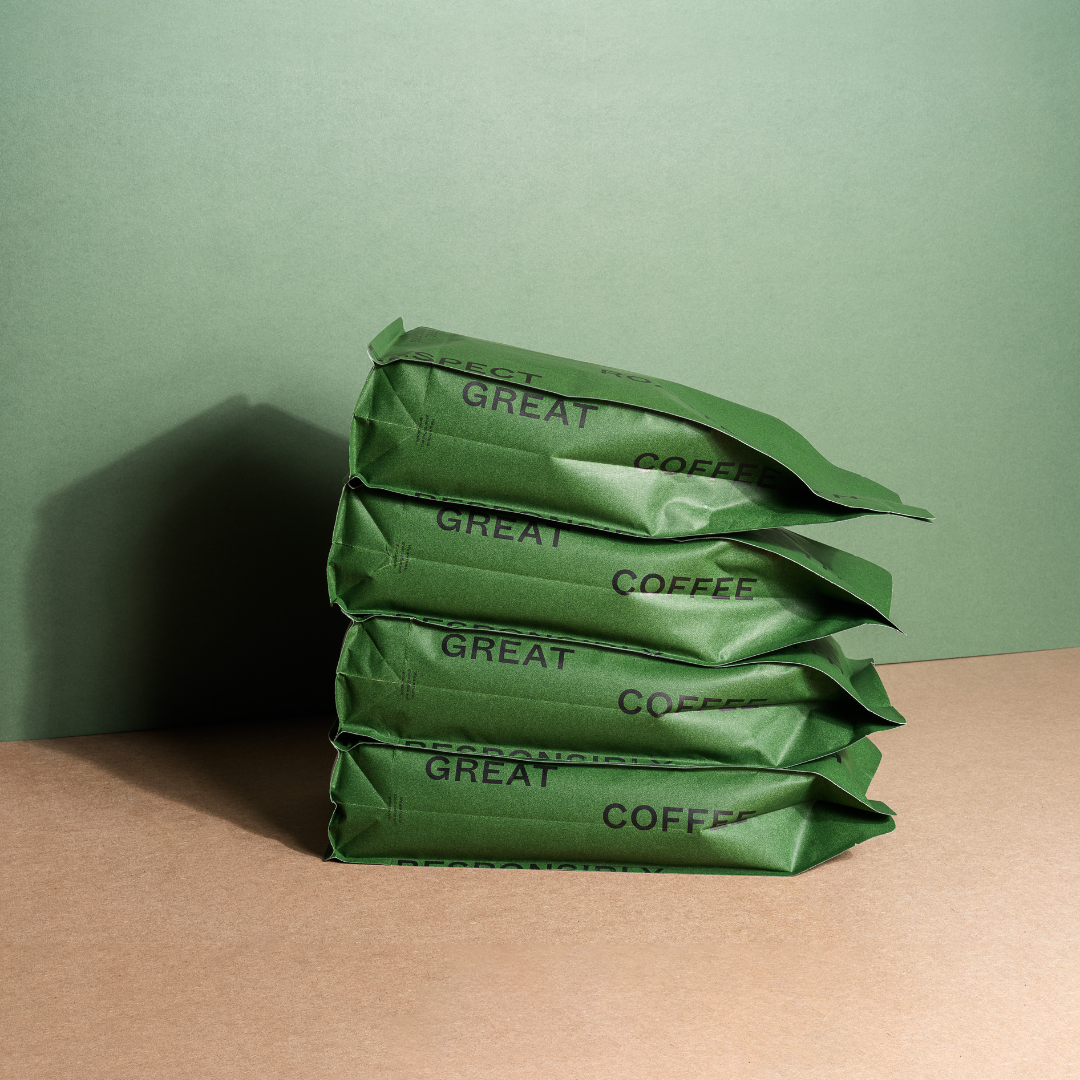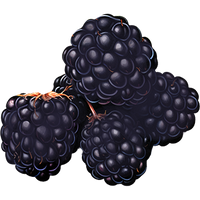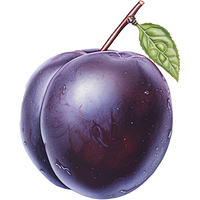Your cart is empty
Single Origin
La Colina, Guatemala

Antonio ‘Tony’ Medina is a second-generation farmer in Chimaltenango, Guatemala. He ventured into coffee production with his first coffee tree in 1991 on his father’s farm, La Colina. Translating to “The Hill,” this plot of land is situated at higher elevations in the region, about an hour and a half from Guatemala City and near the Antigua region, where Tony was first inspired to explore coffee.
Chimaltenango, a relatively new coffee-growing region, lies in a valley between two of Guatemala’s prized regions, Antigua and Huehuetenango. This region has a unique microclimate, with drier conditions and soil rich in lime and clay, creating slightly acidic soil that contributes to distinct and high-quality coffee profiles. The area is abundant with natural springs, enabling producers like Tony to process their washed coffees with fresh, clean water.
Before coffee, Tony was planting corn and beans as a reliable source of income and staple food, but he took interest when Antigua saw its specialty coffee movement in the late '80s and '90s. Through the turn of the century, Tony continued to steadily increase his coffee production of primarily Bourbon and Caturra varieties, developing an exceptional dedication to quality. In the 2010s, his coffees began to fetch higher prices, motivating him to improve on his facilities and diversify the varieties he planted. This specific lot is made entirely of his Caturra trees.
Only one-quarter of La Colina is dedicated to coffee cultivation, while the rest is a certified natural reserve with ancient cypresses, oaks, pine trees, and freshwater streams used in coffee processing. Only ripe coffee cherries are hand-picked and processed immediately in a facility next to Tony’s home in the heart of the farm.


After de-pulping, the coffee undergoes a 36-hour dry fermentation in concrete tanks before being washed with traditional practices using natural spring water in long, narrow channels. After the coffee is thoroughly washed in parchment form, it is sun-dried on patios.
Guatemala started producing coffee in the 1850s and it remains a vital part of the country’s economy, accounting for about 40% of all agricultural exports with a quarter of the population working in coffee. Standing as one of the top ten coffee producers globally with nearly 300 unique microclimates offering a diverse array of flavours, Guatemala is celebrated for its specialty coffee culture and its reputation for high-quality coffee.








